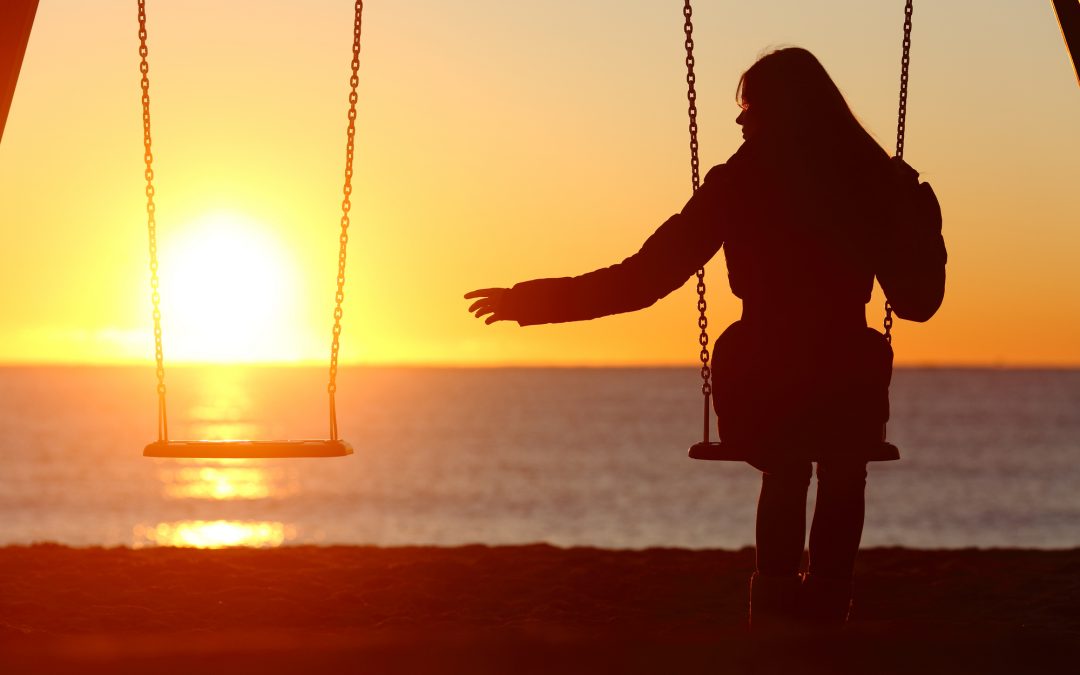Humans are social creatures. Interacting with other people is hardwired in all of us.
In fact, the survival of our species depends on that intense need for connection. Even if you fully enjoy your “alone time.”
However, socializing is more than simply having a cup of coffee with a friend twice a month.
It’s your mind being stimulated by conversations and interactions. And it’s engaging in non-verbal communication and responding to others’ emotional language. It’s networking on a higher plane than simply superfluous interactions.
And when it’s not there, social isolation and loneliness quickly take over, rapidly declining your overall health.
Unless you overcome it.
What Is Social Isolation?
While many people use social isolation and loneliness interchangeably, they’re not the same. Though social isolation is often the cause of loneliness.
Loneliness is more of a feeling experience, whereas social isolation is an actual state in which you’re cut off from the rest of society. Meaning, you stay inside your home for long stretches with no involvement in your community. Often, social isolation limits your communication with other people, too.
Social isolation occurs for many reasons. Unemployment, health issues, financial struggles, or transportation problems can all cause social isolation.
How It Can Impact Your Health
Because humans are social beings, we thrive when we can be around others. This innate human characteristic of socialization does not diminish the need for time alone, of course.
But your overall health declines when you are socially isolated.
For example, it increases the level of stress hormones in your body, giving way to anxiety. Also, it’s not uncommon for your sleep to be disrupted or your immune system weakened.
Some people begin to “sense” things or beings around them, almost as if their mind is trying to re-create social situations.
Why Humans Need Other Humans
At the end of the day, many people like to just relax by themselves, away from others.
And that’s okay.
Despite the euphoric feelings “alone time” offers, people need people for stimulation.
We need to experience conversations and interact with co-workers, family, or friends. Without this connection, you and I both lose important cognitive function.
Our brains will stop working at an optimal level during times of social isolation.
Nurturing a connection between other humans is like greasing the gears in your mind. It’s that important.
What Is EMDR?
Social isolation isn’t always a state that you can simply exit. When loneliness grips down, it can feel more like talons rather than a passing emotion.
In other words, you typically need to dig and dig to get yourself out of this kind of rut.
Eye Movement Desensitization and Reprocessing, or EMDR, is a therapeutic approach that focuses on bypassing the brain’s conscious thought to access a much more impacting region.
This approach can offer healing and relief from distress in much less time than typical talk therapy.
A trained therapist helps you to accomplish this by accessing the part of your brain where emotional healing occurs.
How It Can Help
Social isolation and loneliness can be debilitating and very painful, to say the least.
Both are a disruption in normal human function. Like a wound inside of you.
Many people think that the cure for social isolation is simply to be around other people again. But it’s not that simple.
There’s an element of internal healing that must happen first. This is where EMDR can help.
EMDR can access that internal wound, causing it to negatively impact you less. Thus, freeing you to move forward in your life and reclaim your place in society.
Take the first step…
If you’re ready to consider EMDR therapy to overcome social isolation and loneliness, I would like to help. I have been a Certified EMDR Therapist since 2004, and I have helped hundreds of clients benefit from this incredibly useful methodology.
Please get in touch with me via voicemail or email so we can discuss how we might work together to change your life for the better as quickly and effectively as possible.
I look forward to hearing from you.
Linda K. Laffey, MFT


